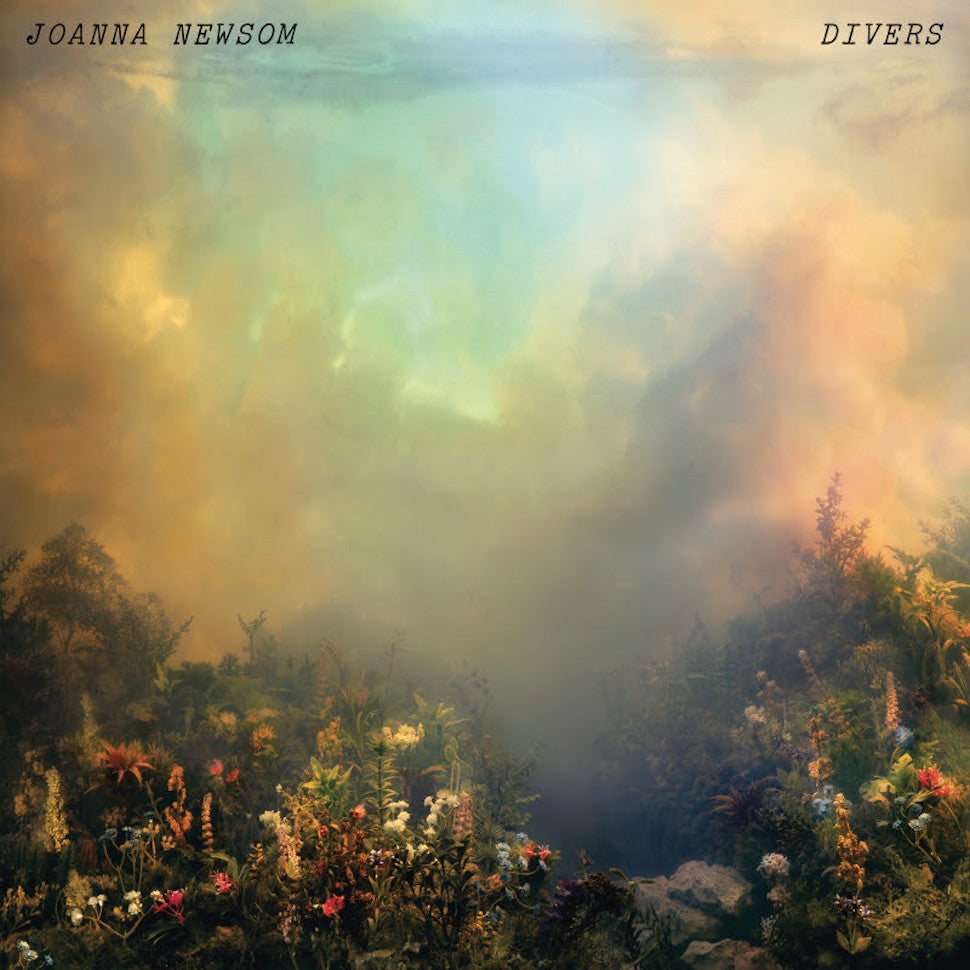Your support helps us to tell the story
From reproductive rights to climate change to Big Tech, The Independent is on the ground when the story is developing. Whether it's investigating the financials of Elon Musk's pro-Trump PAC or producing our latest documentary, 'The A Word', which shines a light on the American women fighting for reproductive rights, we know how important it is to parse out the facts from the messaging.
At such a critical moment in US history, we need reporters on the ground. Your donation allows us to keep sending journalists to speak to both sides of the story.
The Independent is trusted by Americans across the entire political spectrum. And unlike many other quality news outlets, we choose not to lock Americans out of our reporting and analysis with paywalls. We believe quality journalism should be available to everyone, paid for by those who can afford it.
Your support makes all the difference.“Why is the pain of birth lighter borne than the pain of death?” asks Joanna Newsom on the title-track of her first release in five years, one of two impressive and thoughtful album-length meditations upon love and death released this week.
The title is a threefold pun, referring not just to the deep-sea diver featured in that track, but to the birds that soar and plummet through these songs; and, given the penchant for archaic and neologic coinage that results in Newsom’s use of words such as “Ozymandian” and “simulacreage”, one thinks of the antique spelling of “diverse”, an indication of the manifold delights to be unearthed here. At 52 minutes, Divers is a sprint compared to the three-disc marathon of 2010’s Have One on Me; but such is the poetic intensity of her lyrics, the confected luxuriance of her arrangements, and the themes and motifs tying the songs together, that it’s hard to take in on one listen. As usual with Newsom, the deeper resonances resound louder with subsequent exposure.
Love and death intertwine throughout, a double-helix that gives Divers its pulsing emotional lifeblood. Newsom has revealed her shock at realising how true love lets death into one’s life – how the euphoria of love is tainted by the unbearable fear that one’s partner may die – and this double-edged sword cuts to the quick in song after song. It’s there in the woman doomed to wait fretfully on the pier for her sailor to return in “Divers”; and in “Goose Eggs”, where the trad-folk trope of the maiden left behind as Johnny marches off to war is imaginatively analogised in the image of geese “gunning in those Vs” overhead.

War stains many of these songs: with its battleground depiction of scouts, horses and landmines, “Anecdotes” on one level reads like a First World War lament, perhaps viewed by a bird “bound to a wheel that is not my own”. It’s packed with beautiful, portentous images, harnessed to an arrangement which, in yoking her harp to strings and woodwind, recalls Van Dyke Parks in the way it bears imagination aloft. “Sapokanikan” opens like an Incredible String Band fairytale as perhaps sung by the young Kate Bush, with piano and twinkling celesta cascading around her tableau of interred subterranean ghosts of some long forgotten culture, their records “cryptic at best”.
“Waltz of the 101st Lightborne” takes things a step further, with what appears a kind of Cloud Atlas-like telescoping of past and future, with spacemen sent to colonise somewhere beyond our “round desert island”, in an “eternal return and repeat” of conflict. Or is it simply more birds, engaged in the annual round of migration? Likewise, is the narrator of “Leaving the City” actually a horse, exulting in a gallop, and desiring only “Hay, and a clean stall”?
As the album canters to its close, the ruminations become more self-reflective – literally so in “A Pin-Light Bent”, where Newsom’s solo harp pulses a two-note figure as she muses on the nature of the Self, settling on an image of it as light shining through a pin-hole. Finally, she’s joined by fulsome orchestration for “Time, As a Symptom”, exulting in the redemptive quality of the “nullifying, defeating, negating, repeating joy of life”, and how the memory of love can be erased not by “axe nor hammer, tumor [or] tremor”. It’s a warm, reassuring conclusion, pursuing the call to “transcend!” right to its truncated final invocation, where like Finnegans Wake it curls round to the album’s opening line, an emotional Ourobouros of consuming passion.

Join our commenting forum
Join thought-provoking conversations, follow other Independent readers and see their replies
Comments